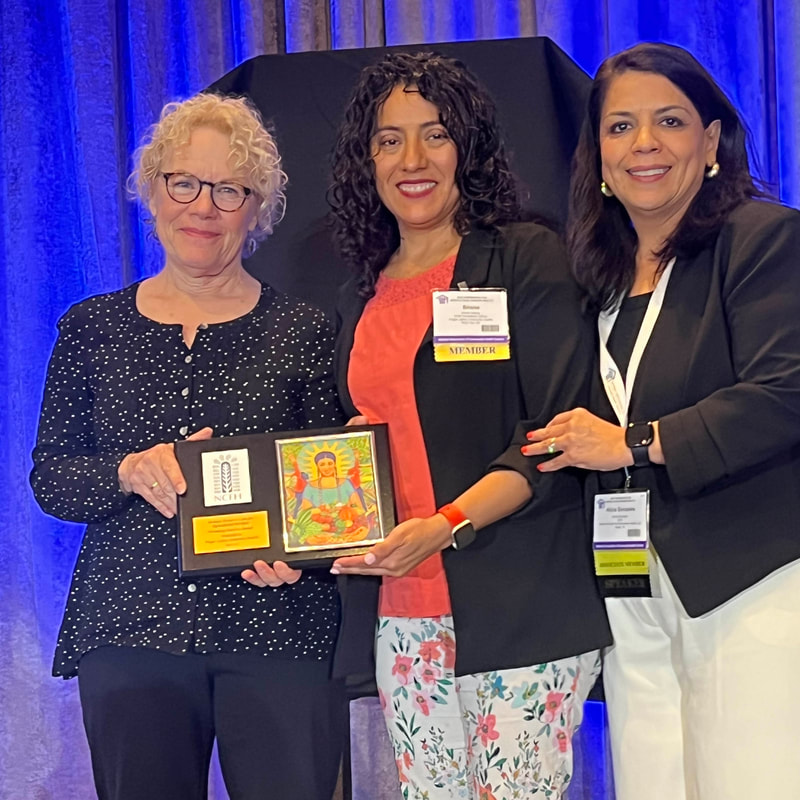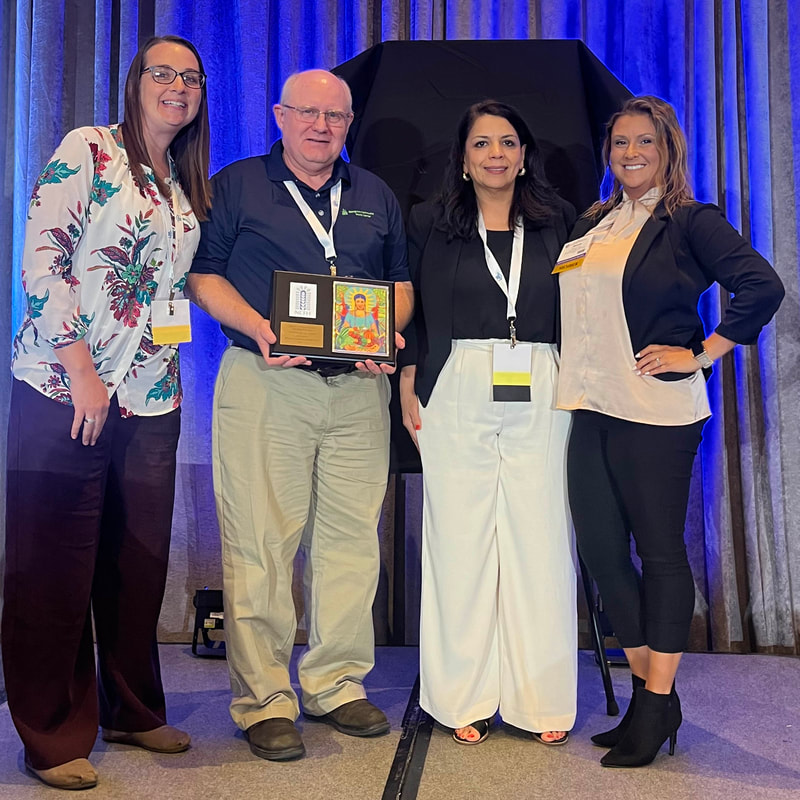Promising Practices | Strategies
Ag worker health champions are always looking for innovative ways to better serve the Ag worker population. One of the many great things we have seen in our work over the past 5 years has been the willingness of health center staff to share their promising practices with colleagues to ensure we reach our mutual goal of increased access.










